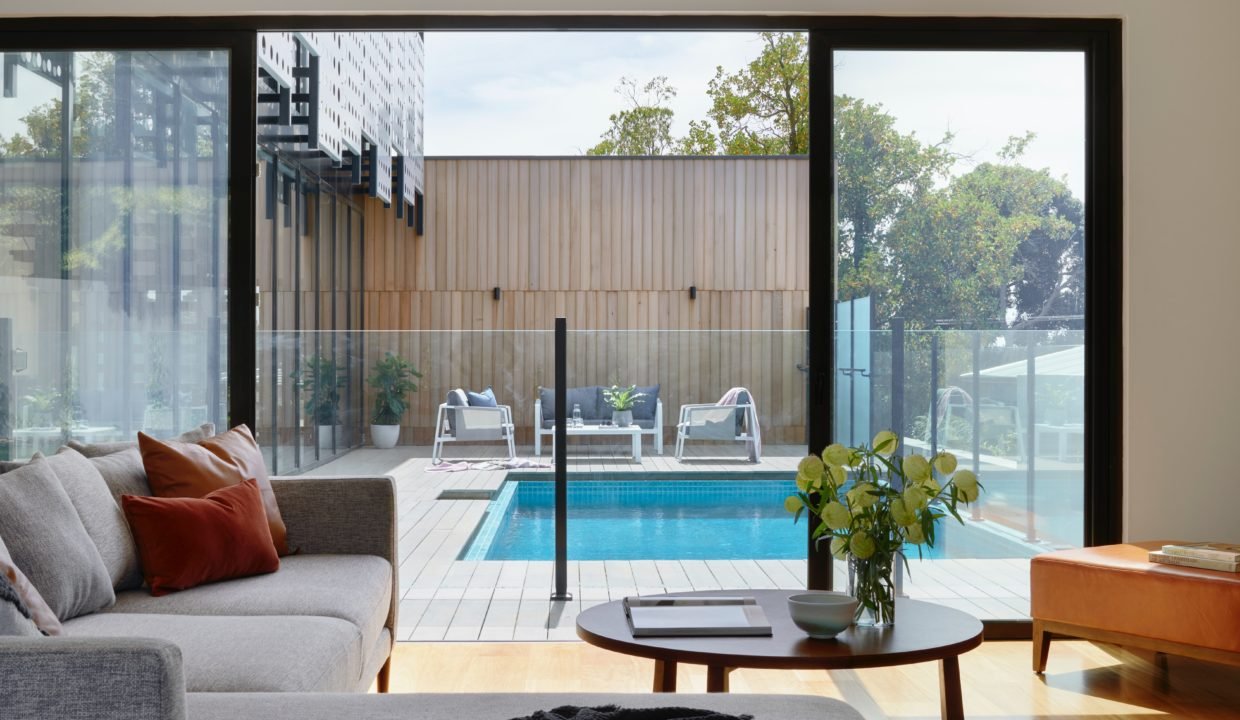
Is This Your Situation: Buying a House as an Investment
It’s no secret that wherever there’s a product people need, there are people making money providing it. And there are few things people need more urgently than homes. That’s why real estate is one of the safest investments there is. There are two ways people make money on homes: flipping and renting.
Flipping a house means buying a home that’s undervalued, fixing it up and selling it for a profit. There are plenty of shows, blogs and self-help books that make house flipping look easy and fun, but in fact, it’s very easy to lose money doing it. Flippers have to work on a tight budget to ensure that the cost of repairs is less than their potential profit. The only leeway comes from choosing a house in an area with rising property values, which is, to put it mildly, more art than science. However, when it goes well, flipping a house can net an investor a tidy profit.
Buying a property to rent out might seem like a familiar transaction if you’ve bought a house before, especially if you’ve also been a tenant. But there are some differences between buying a house for yourself and buying one as an investment property. The one you’ll notice right away is the down payment. Banks recognize that landlords accept risk, so they make them pay up front. You’ll definitely need to put down at least 15% of the home’s value, and probably closer to 25% if it’s a multifamily dwelling.
Once you’ve made your purchase, you’ll need to keep the building in good repair. Depending on the size of the property and how many others you own, you may have to hire a supervisor or manager to take care of that. In general, you’ll spend 1% of the building’s total value every year on repairs and upkeep. So what’s the profit margin? Well, the total monthly rent you should charge on the entire building is 2% of its value.
Of course, all doesn’t always go well. Just like house flippers, landlords accept risk. If you can’t rent out all your units, then you may have months when the mortgage payment puts your operation in the red. And there are always disasters that insurance doesn’t cover. But with careful research and planning and a bit of luck, real estate is one of the safest types of investment.
Contact a licensed real estate agent today to ask whether real estate investment might be right for you.

